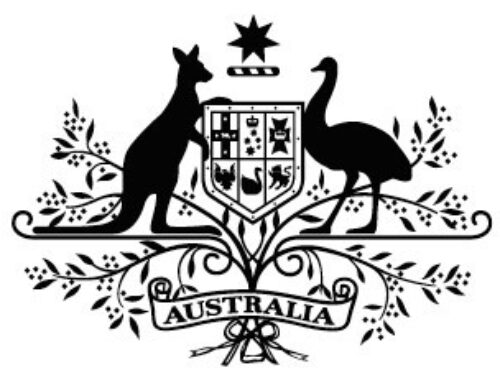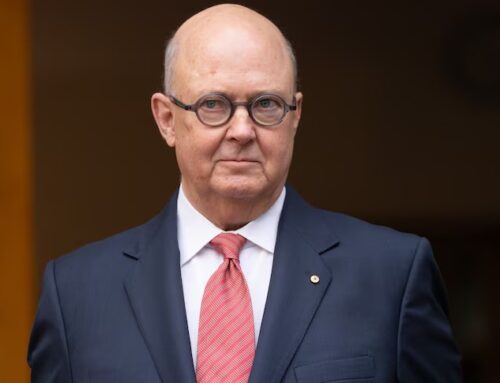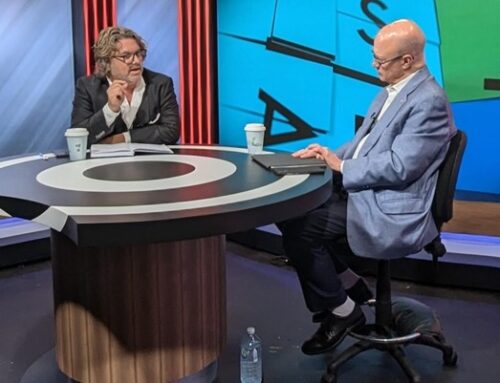Editorial: Remaking the ABC | The Saturday Paper | June 26, 2024
 When Kim Williams wants to make a point, he looks a person dead in the eye. He does not shy from confrontation. He does not blink.
When Kim Williams wants to make a point, he looks a person dead in the eye. He does not shy from confrontation. He does not blink.
In his first major speech as chair of the ABC, Williams has articulated a strident vision for the national broadcaster. It will be bigger, smarter and more willingly self-critical.
Williams is not afraid of intellectualism. He sees the broadcaster as a key part of the country’s intellectual life. He mentions it in the same breath as libraries and galleries. He is a fearsome defender of creativity.
“Our liberal democratic freedoms and our future as an independent, successful, confident and creative nation are at stake,” he says. “We need to recapture citizens’ attention, inform them, educate them, entertain them, provide an invisible thread that intellectually and emotionally binds them together, sustaining a strong, appealing national culture that is truly our own.”
Williams’s is a world smashed by algorithms and ideology. It is a world of urgency. Truth and trust have been choked. The ABC he has inherited is failing to deliver what is needed. It requires what he calls a “refreshed purpose”.
Williams has an eight-point plan to improve the broadcaster’s programming. He says the ABC will always be judged first by the quality and integrity of its news. He says Radio National will need to be renewed as a standard-bearer of the ABC’s “ethos, purpose and intellectual ambition”.
Williams would like more serious television documentaries. There will be more drama and comedy “to restore pride in our national creativity and to allow us to discover a new generation of creative spirits”.
There will be more and more coherent coverage of the arts, including of books and theatre and dance and music. Children’s shows will be treated as a ballast against overseas programming. The network’s streaming service will be improved. Soft power will again be a focus of the ABC’s international services.
“There’s an unfortunate tendency for organisations like ours to indulge in an excess of self-congratulation. This oftentimes takes the place of robust assessment of underperformance,” he says. “No one enjoys being critical, but well-run organisations must be honest about their performance. And if we’re honest, there are important areas for improvement.”
Williams says what is obvious: this will require more money. He calls it an intergenerational responsibility. There is no point pretending you can do more with less. “The ABC is an investment in Australia’s future because a revitalised ABC will be a source of great national strength.”
It is almost thrilling to hear a chair defend the ABC so clearly, not just from attack but from itself. Williams does not do things gently. He is impatient with mediocrity. The changes he proposes are not incremental. He is meeting revolution with revolution.
Anyone who cares about the ABC and the place it holds in the country’s intellectual life can only hope he succeeds.




